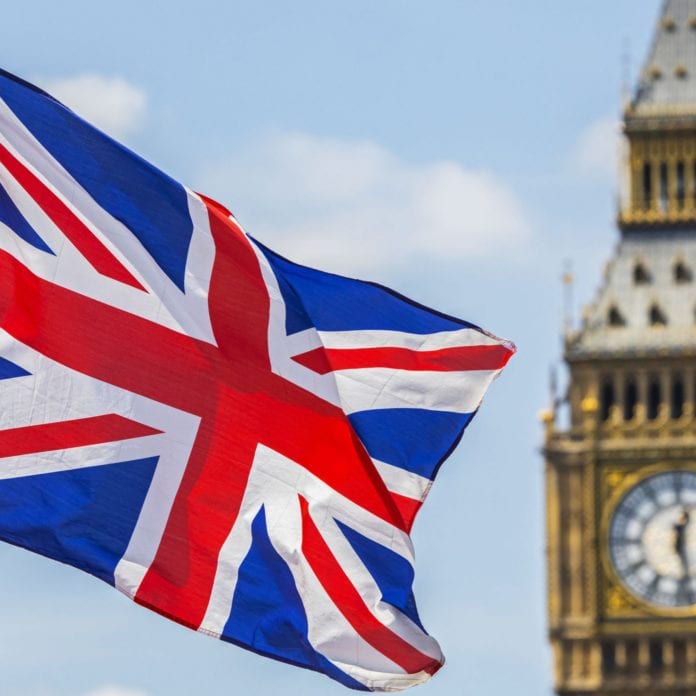Japanese vendor NEC will play a role in the development of next-generation 5G wireless networks in the U.K., according to reports published by Japanese newspapers.
In a Twitter post last week, Britain’s Department for International Trade said NEC is expected “to support roll out of 5G in the U.K.” The announcement was made as Japan and Britain signed a post-Brexit bilateral free trade agreement.
“The U.K.-Japan trade agreement (…) will bring two of the world’s most technologically advanced nations & democratic allies closer together,” the Department of International Trade said.
British International Trade Secretary Liz Truss recently met with NEC Chairman Nobuhiro Endo during her visit to Japan to sign the free trade deal and discussed the establishment of NEC’s 5G Open RAN Center of Excellence in the U.K., according to the UK government.
Earlier this year, Japanese press reported that the UK government had asked Japan to help in the deployment of 5G networks in the country after London decided to ban Chinese vendor Huawei to take part in 5G deployments in the country.
According to the reports, British officials had told their counterparts in Tokyo that Japanese technology companies NEC and Fujitsu may replace Huawei as suppliers and asked for the Japanese side’s support to enhance the network’s technology and cost-efficiency.
Subscribe now to get the daily newsletter from RCR Wireless News
The U.K. government is expecting to have Japanese companies compete with other telecoms vendors, such as Ericsson and Nokia, to boost the 5G ecosystem in the country.
In July, the UK had announced that Huawei’s gear will be completely removed from the country’s 5G networks by the end of 2027, following new recommendations by the National Cyber Security Center (NCSC) after the entity carried out an assessment of the impact of U.S. sanctions against Huawei.
The U.K. government also confirmed that it will also implement a total ban on the purchase of new Huawei kit for 5G, starting next year.
The move represents a complete U-turn for the U.K. government, which had previously allowed Huawei to continue providing equipment to local 5G networks, with certain restrictions. In January, the government said that the Chinese vendor would be banned from supplying equipment to core parts of 5G networks and that it would be allowed to have a minority presence of no more than 35% in the 5G Radio Access Network.
In May of this year, the Bureau of Industry and Security (BIS) of the U.S. Department of Commerce announced plans to restrict Huawei’s ability to use U.S. chipmaking equipment and software to design and manufacture its semiconductors abroad. Huawei was added to the Entity List in May 2019, after the Department of Commerce concluded that the vendor was engaged in activities that were contrary to U.S. national security or foreign policy interests. However, the U.S. government believes that Huawei has continued to use U.S. software and technology to design semiconductors.
U.K. experts reviewed the consequences of the escalated U.S. sanctions and concluded that Huawei will need to do a major reconfiguration of its supply chain as it will no longer have access to the technology on which it currently relies and there are no alternatives which we have sufficient confidence in. They found that the new restrictions make it impossible to continue to guarantee the security of Huawei equipment in the future.

